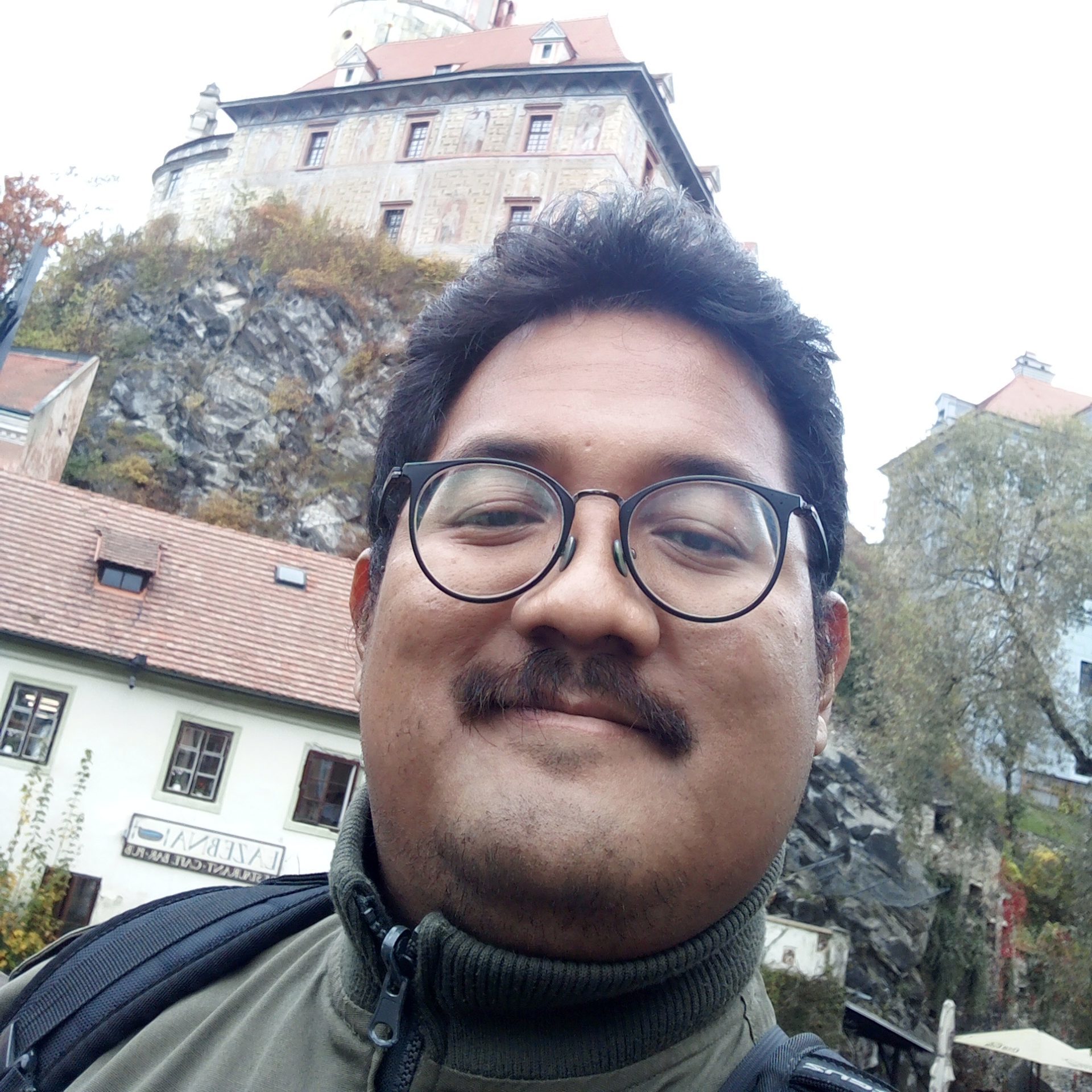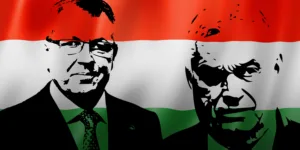Indonesia’s new president is predicted to employ an outward-looking, non-aligned foreign policy where defense partnerships are prioritized. Slovakia is becoming a promising partner for Jakarta in the EU, with potential cooperation beyond the defense sector.
Key takeaways:
-
Indonesia’s new leader, Prabowo Subianto, is projected to stress defense diplomacy in his foreign policy approach.
-
Recent high-level meetings open up possibilities for deeper ties between Slovakia and Indonesia in the sector.
-
Bratislava could also help fulfill Indonesia’s food and energy ambitions.
The new Slovak government has expressed interest in engaging more with partners in the Indo-Pacific, mostly motivated by efforts to spur economic engagement. Slovak Prime Minister Robert Fico visited South Korea in September 2024 to establish a strategic partnership between the two countries, followed by a visit to China in late October, also inking a strategic partnership with his Chinese counterpart.
While the effort to build ties with China is courting controversy, there is another country in the heart of the Indo-Pacific that Bratislava should focus on, and which it has, in fact, already identified as a key country of interest in Slovakia’s Indo-Pacific approach—Indonesia. On October 20th, Prabowo Subianto was inaugurated as Indonesia’s eighth president, succeeding Joko Widodo. This followed his victory in the February 2024 presidential election and a five-year tenure as defense minister under Widodo. As Subianto forms his foreign policy approach, new avenues of cooperation are taking shape.
According to Simon Hutagalung, a retired Indonesian diplomat, Slovakia’s status as an EU member means Bratislava has a considerable say in shaping policies in Brussels with an impact on relations with Indonesia, while Indonesia remains in need of the EU as a considerable market for its products. While Slovakia is one of the smaller EU member states, it still offers interesting areas for cooperation for Jakarta.
Indonesia-Slovakia partnership: defense area outlook
As the author has previously noted, Subianto’s approach to foreign relations is expected to emphasize “defense diplomacy,” especially since Subianto has consistently advocated for a strong and capable military, arguing that national security is essential for economic prosperity and the protection of Indonesia’s interests. Military procurement is expected to be one of the focus areas. According to a study by Indonesia’s Laboratory 2045 in early 2024, most of Indonesia’s weapon systems are aging.
Indonesia has been looking for some time to purchase modern weapon systems. It is already cooperating intensively with Slovakia’s neighbors, Czechia and Poland. Czechia, for instance, expressed interest in supporting Indonesia’s military modernization in 2023, with Czech defense companies actively seeking contracts. The two countries have signed multiple Memorandums of Understanding (MOUs), including in security. Excalibur International, part of the CSG Group, has secured over €500 million in projects in Indonesia, including delivering a medium-range air defense system to the Indonesian Air Force. Poland has also established the Polish-Indonesian Joint Defense Cooperation Committee, aimed at formalizing defense cooperation, with its first and second meetings taking place in 2019 and 2022. While Slovakia can, of course, learn from its immediate neighbors and try to emulate their approach, Australia’s defense relationship with Indonesia offers an intriguing model as well.
In 2018, Australia launched the ASEAN-Australia Defence Postgraduate Scholarship Program, with the first cohort beginning their studies in 2019. The program, based at the Australian National University, offers a two-year Master of Strategic Studies to defense officials from Australia and Southeast Asia. It is the first initiative of its kind for ASEAN defense personnel, fostering strategic thinking through collaboration with Australian counterparts. The program aims to create a strong network of ASEAN defense leaders familiar with each other and with Australia while enhancing participants’ analytical skills in contemporary strategic issues and shaping future cooperation between ASEAN and Australia.
Similar cooperation is already being formed with Slovakia. Subianto’s inauguration as president came just ten days after a meeting with Slovak Defense Minister Robert Kaliňák, during which Subianto expressed a keen interest in deepening defense relations with Slovakia, emphasizing that Slovakia’s defense industry and NATO-standard technologies make it a potential strategic partner in defense and advanced military technology procurement. The discussions also included the possibility of signing a MOU on cooperation between the Indonesian Defense University and the Armed Forces Academy of General Milan Rastislav Štefánik.
In further discussions, Slovakia might consider offering a scholarship program for Indonesian defense officials to study at the Slovak military academy. Educating future Indonesian defense leaders in Slovakia would not only help shape the strategic perspectives of a rising Indo-Pacific power but also foster a strong network between Slovak and Indonesian defense communities and perhaps even find a new market in Indonesia for the Slovak defense industry. In a June 2024 courtesy call with Tomáš Ferko, the current Slovak Ambassador to Indonesia, Subianto underlined the quality of Slovak products within the category of primary weaponry defense systems.
Other potential partnership areas
Slovakia’s support for Indonesia’s bid to join the OECD underscores the potential for cooperation in sectors beyond defense. In 2023, Indonesia’s current ambassador to Slovakia, Pribadi Sutiono, highlighted Slovakia’s strategic location in Central Europe, right between Western and Eastern Europe, suggesting it could be a hub for Indonesia’s leading export commodities He also noted that areas like agriculture and geothermal technology could benefit from enhanced collaboration, as Slovakia has strengths in both fields.
In April 2024, Indonesia’s Minister of Culture, Fadli Zon, a close aide of Subianto, acknowledged Slovakia’s capability in the agriculture, food, and energy sectors when meeting Ferko. In particular, Zon underlined the success of the cooperation between the Slovak Agricultural Research Institute and the Andalas University in West Sumatra in developing wheat crops for the tropics. Indonesia was previously unable to grow wheat because it is a subtropical crop, but through their cooperation, they developed a tropical wheat germ. Given Subianto’s focus on achieving food and energy sufficiency, as reiterated in his inaugural speech, Bratislava could play a meaningful role in helping Jakarta meet these goals by giving more attention to collaboration in research and business ventures in the food, energy, and agriculture sectors.
In addition, former Indonesian Vice President Ma’ruf Amin’s visit to Slovakia in 2023 emphasized the country’s potential to be a Central European hub for the halal industry as Indonesian halal products’ entryway to the EU market. A thorough feasibility study on Slovakia’s potential to develop a halal industry hub, as suggested by Amin, could open new avenues for economic collaboration.
Bratislava should leverage the current diplomatic goodwill to expand ties with Indonesia across various sectors. Whether through defense cooperation, economic partnerships, or joint efforts in agriculture, energy, food, and halal trade, Slovakia has a unique opportunity to build a robust and mutually beneficial relationship with Indonesia’s new administration.






